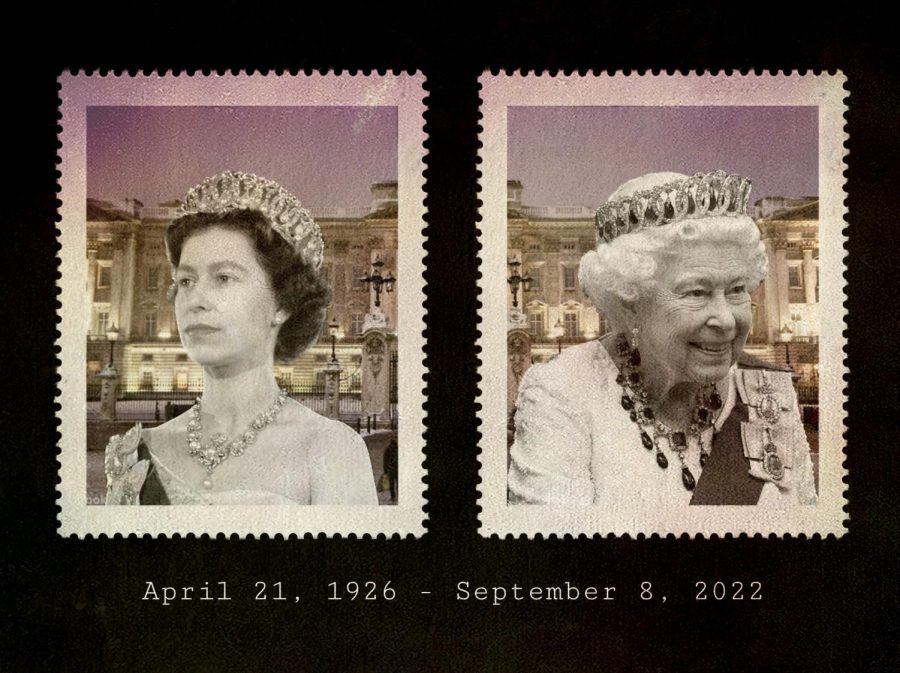In Oct. 2018, President Donald Trump announced that the United States plans to terminate the 31-year-old Intermediate-Range Nuclear Treaty (INF), a landmark deal that signaled the end of the Cold War.
The agreement led to the dismantling of thousands of nuclear weapons on both sides, making the world a more safe and stable place. Today, Trump and Russian President Vladimir Putin have accused one another of violating the treaty, thus leading to its unraveling. The consequences of ending a treaty may lead to a dangerous arms race that has not been seen for decades.
In 1987, U.S. President Ronald Reagan and Russian President Mikhail Gorbachev signed the treaty, ending the use of all land-based nuclear weapons with a range of 300 to 3,400 miles. This prevented the USSR from hitting any target in Europe while firing well within its borders. The treaty halted ground-based nuclear warhead production and eased tensions with U.S. allied nations bordering the Iron Curtain.
The U.S. has consistently accused Russia of violating the INF treaty since 2008, when the Obama administration and intelligence team first discovered them to be covertly developing and testing the Novator 9M279 Mobile Missile System (9M279), according to the New York Times.
As more and more 9M279’s came into existence, it was clear this was not just a research project. In November 2018, The Director of National Intelligence stated after reviewing several tests, “Russia was able to develop [9M729] that flies to the intermediate ranges prohibited by the INF treaty and launches from a ground-mobile platform.”
According to the U.S. Department of State (DoS), the Russian government has accused the U.S. of violating the treaty by implementing a variety of weapons in Europe, including Aegis missile defense systems in Romania and Poland in November 2018. The DoS asserted their use is for defensive interception only and cannot be equipped with nuclear warheads.
Secretary of State Mike Pompeo believes China and Iran’s missile program are another reason for why the INF treaty does not make sense anymore. According to the DoS, Pompeo said the U.S. should not remain a part of an agreement that limits the ground-based missiles for only U.S. and Russia, when other nations with the same capabilities, do not have such restrictions – namely China and Iran.
Nuclear war has been a looming possibility between these two nations for over 70 years. Yet, the presidents of years past have been able to avoid such a fate, opting for diplomacy instead. While the INF treaty does not cover sea or air launched missiles, it does prevent a mass buildup of nuclear warheads at borders. Tensions escalate dramatically when a nuclear arsenal is on their doorstep, as seen in the Cuban Missile Crisis in October 1962.
The unprecedented bombings of Hiroshima and Nagasaki at the end of the Second World War showed the power of weapons of mass destruction – now they have only become more powerful.
Trump and NATO have reason to be worried, as Russia has annexed the Crimean Peninsula in May 2014 and has shown support for Bashar Al-Assad’s regime in Syria with military force, according to CNN. The limit the Russian government will go to is uncertain and raises concern.
Despite Trump’s withdrawal and termination of a slew of major agreements in his presidency, this one may have the most dangerous consequences. The absence of such a treaty as the INF, may trigger another arms race, filling the world with thousands of nuclear weapons, launching a new era of nuclear instability.











